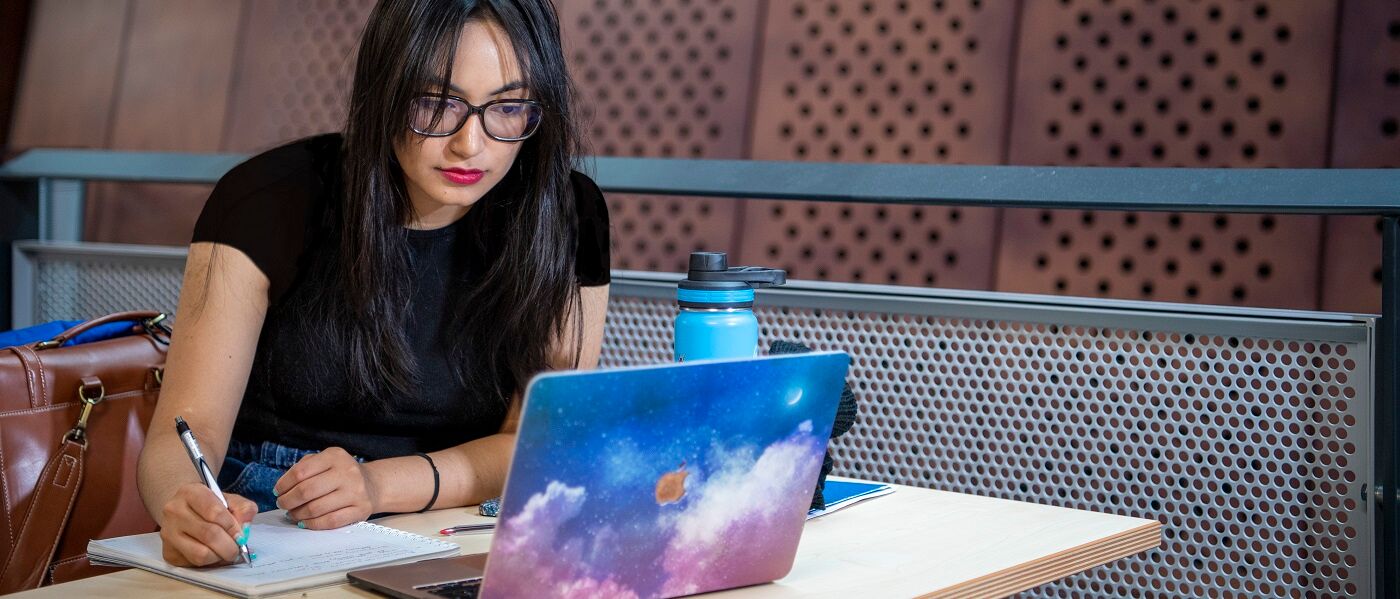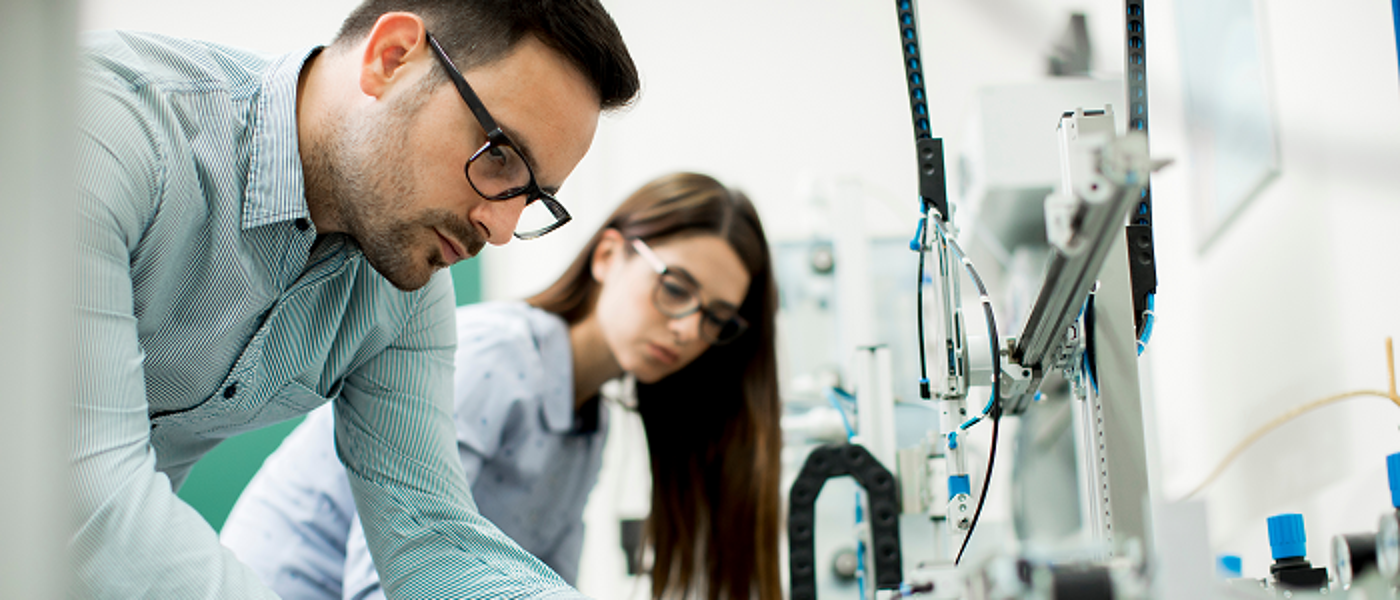STFC IAA
The Science and Technology Facilities Research Council (STFC) has awarded the University of Glasgow an annual Impact Acceleration Account (IAA) to increase the global impact of the University through greater levels of external engagement and entrepreneurship.
The Impact Acceleration Account supports a range of interventions with a focus on investments that pump-prime wider knowledge exchange (KE) activities and impact generation.
The STFC IAA provides funding to build on research that falls within the remit of STFC. Examples of eligible activities include: prototyping, collaborative development, enterprise/industry secondments, and travel to meet with collaborators or attend industry events.
If you would like to apply for STFC IAA funds, please email Keith Dingwall at keith.dingwall@glasgow.ac.uk to discuss your project idea before submitting a proposal. After consulting Keith, please ensure that you read the application guidance before submitting your application.
Standard Call
- Up to £20,000
- Read the guidance
- Application form
Fast Track Call
- Up to £5,000
- Read the guidance
- Application form

Application Guidance
Find out about eligibility requirements, funding, application deadlines and more.

Funded STFC IAA Projects
Find out about our funded STFC IAA Projects from 2017 to present.


